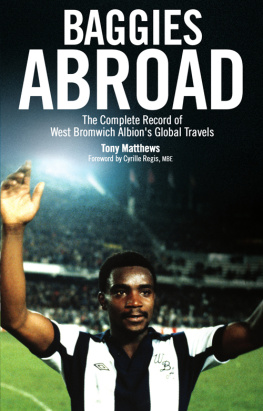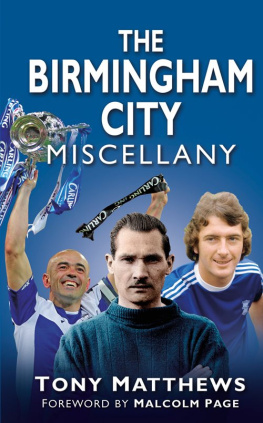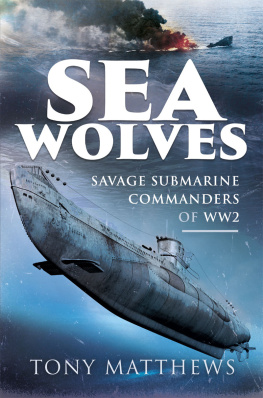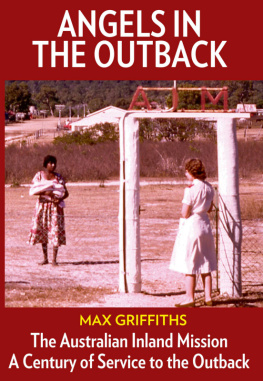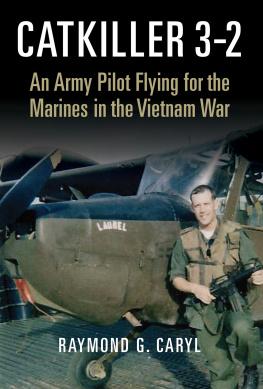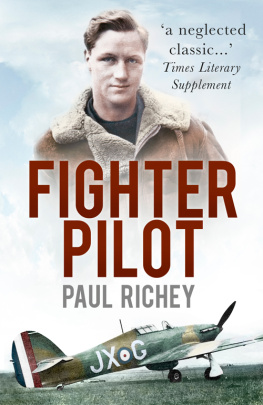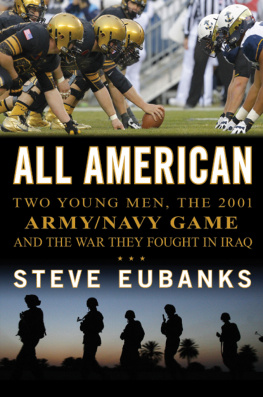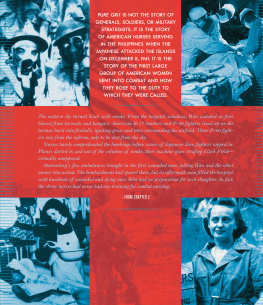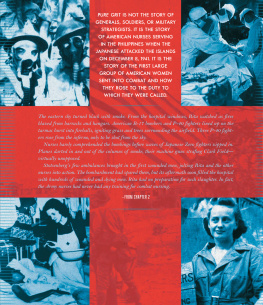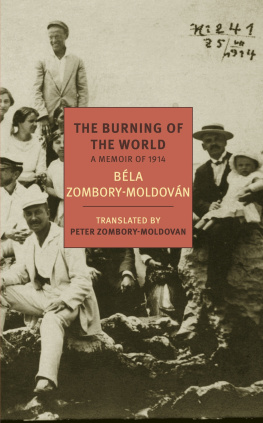Authors Note
T here have been countless books published about heroic acts during war. War is a breeding ground for heroism and the Second World War was no exception. Yet heroism is not confined solely to those service personnel fighting on the various fronts, behind the lines or in covert operations. Bravery may be displayed by a whole raft of people caught up in the conflict, including civilians and even children. In fact, the Second World War was not only the most devastating conflict in history but it also killed more civilians than any other war. It should be expected, therefore that many of the people who carried out heroic deeds during the war should be civilians or those carrying out non-combatant roles such as military nurses, doctors, merchant shipping crews, missionaries, diplomats and many other forms of occupation.
In this book I shall share some of the experiences of military personnel, civilians and non-combatants who, under extreme emotional and physical pressure, usually facing imminent death, were able to find that powerful element we call courage, and to use that courage to carry out extraordinary feats, almost always to the benefit of others, rather than for themselves.
This publication had its genesis when I walked into a Lifeline charity shop at Hervey Bay, Australia, some years ago in search of second-hand books. There on the cluttered bookshelves at Lifeline, jammed between much loathed volumes of ancient school texts (inkblot-stained and extensively doodled sometimes rather naughtily), was a small, grey, hardback book titled Daily Telegraph Story of the War. It had been published by Hodder and Stoughton, London in 1943, right in the middle of the war, and the publisher had been keen to point out that the book had been released in accordance with the strict austerity measures then in force under rationing. The publication was nothing more than a chronological listing taken directly from the pages of the Daily Telegraph, detailing some of the events of the war from September 1941 to December 1942. I dug forty cents from my pocket and purchased it immediately.
Sitting down in the shade during a particularly a hot Australian summers day, I opened the book at random and the dusty, age-faded volume fell open to page forty. There were two headlines, taken directly from the newspaper. The first was about The New Hurricane the Hurricane 2c, which was then being released to the Royal Air Force. Fighter pilots were particularly excited about the new wonder machine, as it was described, with its four cannons capable of firing 2400, 20-mm shells per minute. Clearly, it seemed, Hitlers Luftwaffe could not last long with that kind of firepower in the hands of the hugely enthusiastic although tragically young pilots of the R.A.F.
Just beneath that story were a few more paragraphs with the headline: Trawler Defeats U-Boat. Now that was something one did not see every day so I carefully read the scant few lines that gave a very brief description of the action during which a poorly armed former fishing trawler named the Lady Shirley, under the command of an Australian officer, Lieutenant Commander Arthur Henry Callaway of the Royal Australian Volunteer Reserve, had attacked and sunk a German U-boat while at the same time taking prisoner almost the entire submarine crew. It was a monumental story that should have made press headlines not only in Australia but also in England as the trawler was a part of the Royal Naval fleet serving in the Mediterranean and had been based at Gibraltar. It also became one of the great intelligence coups of the war. (For details of this event see Chapter Four).
I shook my head in wonder. Why had I never heard of this action and the commander and crew who had carried out the attack with such stunning bravery and success? I was also later to discover that this was not simply a story of great courage in the face of extreme danger and overwhelming odds, but it was also an astonishing story of mystery a mystery that even today has never been solved.
I went to the front of the book and flicked over a few more pages. Another story immediately drew my attention. This involved the bravery of a woman named Elizabeth May Owen who had been serving as a stewardess on the steamer St Patrick when it had been attacked from the air by a German aircraft. Hit by a salvo of bombs early on the morning of 13 June 1941, the St Patrick had caught fire and quickly began to sink.
Realising that there were women and children trapped below decks, May Owen, displaying astonishing bravery, groped through the darkness to the womens berths on the lowest deck of the ship, forced open the doors and brought out five women with a number of young girls, guiding them successfully through smoke, flames and chaos to the upper deck. May Owen then managed to get life-belts for all her charges even though she did not have one herself. Yet even now the courageous stewardess knew that she had not finished the almost impossible humanitarian task she had set for herself. With the ship literally sinking beneath her she returned below decks in search of another missing woman, bringing her safely to the burning upper deck and jumping with the woman into sea. May Owen managed to support the woman and a young child for about two hours before both were successfully rescued. Meanwhile the St Patrick had broken in two and slipped beneath the waves in a massive bubble of oil, debris and death. (For the full story see Chapter Two).
When I read these extremely brief news accounts of amazing bravery and courage I realised that during those five long years of total war there must have been thousands of individual acts of gallantry that had largely gone unnoticed by the general public and have long since disappeared into the mists of time.
We must ask ourselves: what is it that drives people to carry out deeds of spectacularly unselfish bravery? In what is usually termed the heat of battle, combatants can sometimes be almost blindly influenced by what is known as fighting madness and under such a condition undertake astonishing acts of valour. We see it in soldiers who charge well defended machine-gun posts armed only with a pistol or bayonet; or a sailor who remains at his gun, firing at an enemy ship even while his own is sinking beneath him. Yet what happens to the human psyche when we achieve equally courageous acts when not fighting mad? How do we reconcile ourselves, often making nanosecond decisions to carry out acts of great valour in the cold hard light of day?
War, of course, changes people, sometimes forever. The very fact that one nation is at war with another tends to create what in peacetime would probably be termed team spirit but in times of war is called fighting spirit. War tends to bring people together. War means that everyday people, ordinary citizens, civilians in all walks of life and at all levels of society, and also people serving in the armed forces, have to form a cohesive bond, to pull together and to work together. War means that we can no longer live and act apart. We all have to do our bit. Essentially, that is why war creates so many heroes. We are no longer able to justify ignoring difficult or dangerous situations. If they come our way then we have to learn how to deal with them. War means that we can no longer leave the difficult decisions to others; they already have enough on their hands. If something needs to be done then we are the ones who have to do it. One man who features in this book, LieutenantColonel Charles Anderson, in an interview he recorded during the 1980s, stated that war, rather than hardening people, makes them kinder, more gentle, because they have seen all the horrors that war can bring and that somehow it changes people, makes them more sensitive to the needs of others, more understanding, and infuses an unselfish readiness to help others in need.
Next page

